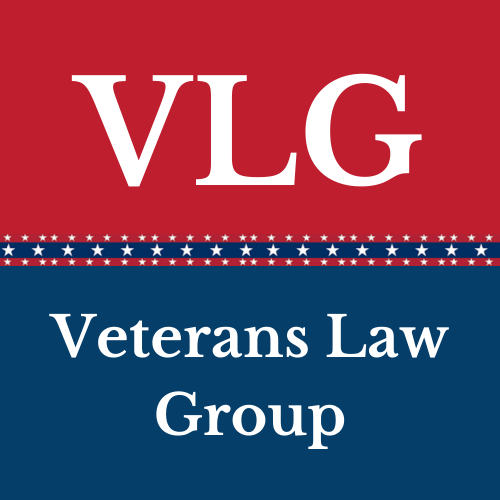Gross Impairment – What Is Gross Impairment?
Military service requires certain sacrifices, but few know the depth of those sacrifices like those suffering from psychiatric impairments stemming from their days in the service. Depression, anxiety and post-traumatic stress disorder are commonly associated with such impairments. In some cases, the psychological damage is severe enough to prevent a veteran from working full-time.
Gross impairment is a term that refers to a person’s inability to effectively communicate or think clearly. It is a symptom that often leads to a veteran being declared disabled and unable to work. In many cases, people suffering from gross impairment as a side effect of their psychiatric disorder receive a Total Disability rating based on Individual Unemployability, also known as, TDIU.
Assessment Process for Gross Impairment
To determine if a veteran’s mental health prevents them from working, a doctor will need to perform an evaluation. The evaluation includes testing the patient on things like memory loss, relationships, work under pressure and their ability to perform daily activities can inform a diagnosis. The VA uses a General Rating formula for all psychiatric impairments. This includes PTSD, anxiety disorders and depressive disorders, among other afflictions.
Disability Ratings for the Grossly Impaired
For a veteran to receive a 100 percent rating for their psychiatric impairment, they must be considered totally impaired, both socially and occupationally. Gross impairment of their thoughts or communication can indicate impairment, as can hallucinations, memory loss and disorientation of time and place. When tested, the veteran must show signs of severe memory, attention and concentration impairments.
The VA assigns graduated ratings based on a veteran’s abilities. If a person has some abilities and is not totally disabled, they may be rated at 70, 50, 30 or 10 percent. Veterans with no evidence of psychiatric impairments will be rated at zero percent.
Compassionate Legal Advice
One of the benefits that Veterans Law Group provides is an independent medical examination (IME). This can help make an appeal much stronger. Oftentimes, there isn’t money for an IME to be provided, or the veteran doesn’t know that this is available. VLG provides these. Veterans seeking an appeal can click here to learn more about IMEs.
"I was happy with Mr. Lippman's representation of my case. His firm accomplished what I thought hopeless-I received my compensation."
Johnny K.|Johnson City, TX
Awarded $537,367

"Mr. Lippman took on my case in 1991. Stuck in there until he was satisfied with the final decision which was 100% TDIU. Thank you Mr. Lippman. Will surely recommend you to other people. Law firm always done what they say they would do. I was very satisfied with the final results of my case."
Terry S.|Gates, NC
Awarded $478,901.00

"Prior results do not guarantee a similar outcome."
Cases We Tend to Accept
- Accrued Benefits/Substitute Claimant
- Agent Orange Exposure
- Gulf War Syndrome
- Neurological Disorders
- Personality Disorders
- Psychiatric Disability
- Post-Traumatic Stress Disorder (PTSD)
- Severe Back Injury
- Severe Head Injury / TBI
- Severe Heart Disease
- Severe Pulmonary Disorder Claims
- Sexual & Physical Assault
- Total Disability Individual Unemployability (TDIU)

THE VETERANS LAW GROUP
13446 Poway Rd #338
Poway, CA. 92064
Toll-Free Phone: (888)-465-0719
Toll-Free Fax: (866) 931-7468
Email: consults@veteranslaw.com
The Veterans Law Group is located just outside of San Diego, California, but we represent Veterans in every state and across the globe. Please call us or contact us via this website if you'd like to setup a confidential, complimentary consultation. Thank you.
© 2024 The Veterans Law Group. | All Rights Reserved | Privacy Policy


